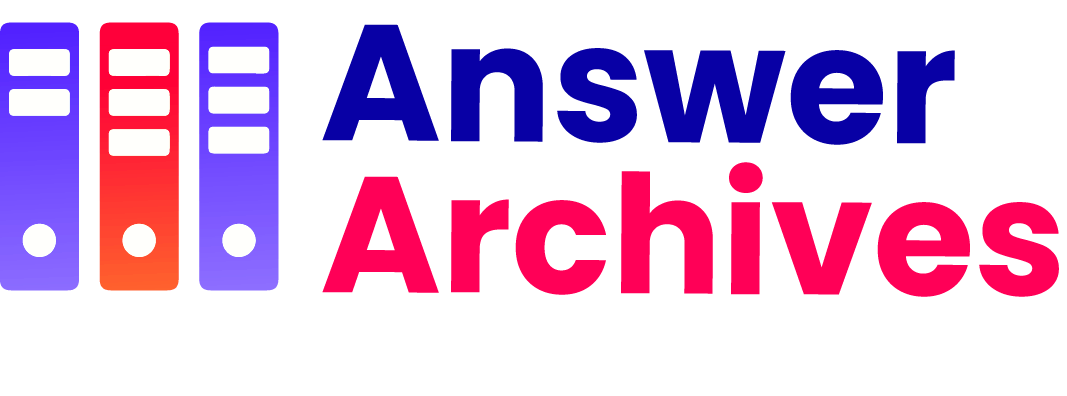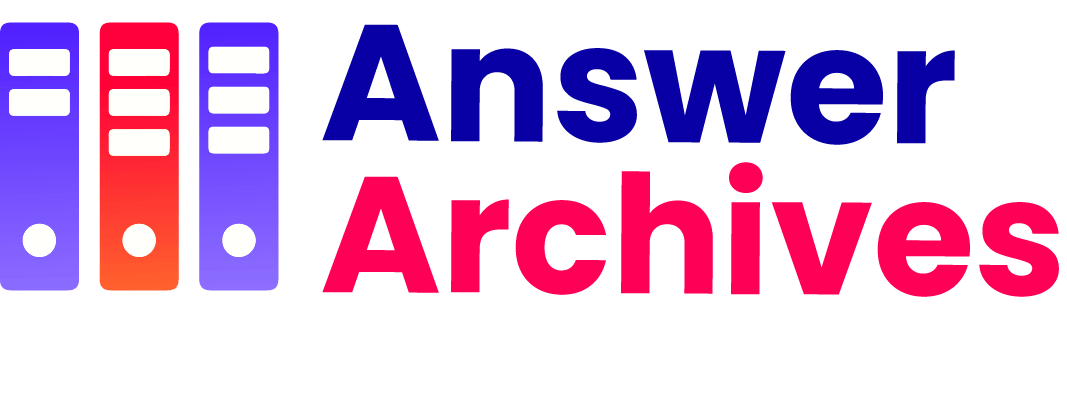Table of Contents
In the digital age, mastering the fundamentals of digital marketing is vital for career advancement and business growth. This article outlines essential courses that offer newcomers a comprehensive understanding of this dynamic field.
1. Introduction to Digital Marketing
For those just starting, an introduction to digital marketing is crucial. These courses provide a broad overview, explaining the umbrella of activities involved, from search engine optimization (SEO) and email marketing to social media and content marketing. Usually, they delve into the significance of digital marketing in the modern business landscape, helping newcomers grasp why it is indispensable.
2. Search Engine Optimization (SEO)
Search Engine Optimization (SEO) is a cornerstone of digital marketing. Dedicated SEO courses teach newcomers how to improve a website&8217;s visibility on search engines, an essential skill for driving organic traffic. These courses cover a broad range of topics, including keyword research, on-page SEO, off-page SEO, and technical SEO. Students learn about the importance of creating high-quality content and optimizing it to rank better on search engine results pages (SERPs). They also get insights into the latest SEO tools and techniques for tracking and analyzing website performance. Some courses even explore advanced topics such as local SEO, mobile SEO, and voice search optimization. By mastering SEO, novices can significantly enhance a website’s organic reach, leading to increased engagement and conversions. Real-world case studies and practical exercises help to cement theoretical knowledge, ensuring that students are well-equipped to implement effective SEO strategies.
3. Social Media Marketing
Social media platforms are an integral part of the digital marketing ecosystem. Courses focused on social media marketing provide an in-depth view of how to leverage these platforms to achieve marketing goals. They cover organic and paid strategies on major platforms like Facebook, Instagram, Twitter, LinkedIn, and TikTok. One key area of focus is content creation and management, teaching students how to craft engaging posts, stories, and videos that resonate with their audience. Additionally, courses delve into the intricacies of audience targeting and segmentation, helping marketers identify and reach their ideal customers. Analytics and measurement are crucial components, as understanding social media metrics is key to refining strategies and demonstrating ROI. Influencer marketing, community building, and social listening are also important topics. By the end of these courses, participants should be able to develop and execute comprehensive social media campaigns that drive brand awareness, engagement, and conversions.
4. Pay-Per-Click Advertising (PPC)
Pay-Per-Click (PPC) advertising is another critical aspect of digital marketing. PPC courses educate newcomers on how to create and manage paid advertising campaigns on platforms like Google Ads, Bing Ads, and social media networks. These courses usually start with the basics, explaining how PPC works, the different types of ads, and the bidding process. Students learn how to conduct keyword research to identify high-converting terms and phrases. Writing compelling ad copy and designing effective landing pages are also essential skills covered. Budget management and bid strategies are critical components, teaching students how to optimize campaigns for maximum ROI. Advanced topics may include A/B testing, remarketing, and conversion tracking. Practical case studies and simulations help learners apply theoretical knowledge to real-world scenarios. By mastering PPC, newcomers can drive targeted traffic to websites, leading to increased leads and sales.
5. Email Marketing
Despite being one of the oldest digital marketing tactics, email marketing remains incredibly effective. Courses dedicated to email marketing cover how to create, manage, and optimize email campaigns. These courses often start by explaining the importance of building and maintaining a healthy email list, focusing on methods for growing subscribers organically. Email design and content are critical areas, teaching students how to craft messages that engage and convert recipients. Segmentation and personalization are emphasized, as targeted emails tend to perform better than generic ones. Automation tools are also a key focus, demonstrating how to set up automated email sequences for various customer journey stages. Metrics and analytics play an important role in refining strategies, helping marketers measure open rates, click-through rates, and conversion rates. By the end of these courses, participants should be proficient in creating email campaigns that drive engagement and nurture leads through the sales funnel.


